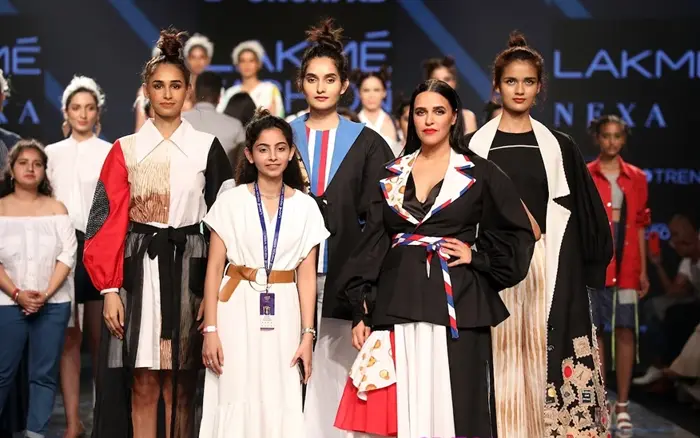As Lakme Fashion Week approaches its 25th anniversary, industry insiders are reflecting on the event’s journey, the challenges it faces in gaining global recognition, and the renewed partnerships aimed at showcasing Indian designers on the world stage.
India’s Lakme Fashion Week is at a crucial juncture in its history. Scheduled to celebrate its milestone anniversary next year, the event has experienced significant fluctuations since its organizers separated in 2005. They rejoined forces during the pandemic, and now, they believe Lakme Fashion Week is poised to capitalize on the growing international interest in Indian design and craftsmanship. The pressing question remains: can it attract attention on a global scale?
“We don’t aim to be one of the ‘big four’ fashion events. Our priority is fostering international partnerships that will bolster the Indian fashion industry and its designers,” said Jaspreet Chandok, Group Vice President of Reliance Brands, which oversees Lakme Fashion Week. With increased corporate investment, Chandok asserts that Indian designers are now better equipped to compete internationally and transform recognition into tangible business success.
The upcoming edition, set to take place over five days starting October 9 in New Delhi, will showcase 80 designers, including Dhruv Kapoor, a regular at Milan Fashion Week, and Kanika Goyal of KGL, who recently participated in London Fashion Week. Renowned designer Rohit Bal, with a legacy spanning 30 years, will present the grand finale.
Despite these advancements, Ramesh Menon, founder of the NGO Save the Loom, notes a lingering challenge: “There has been a failure to sustain international attention on India’s rich and diverse design language.” Menon, who has spent a decade consulting for the Fashion Design Council of India (FDCI), emphasizes the importance of overcoming this hurdle.
The roots of this challenge can be traced back to 2005, when beauty company Lakme, IMG Fashion (whose Indian operations were later acquired by Reliance), and the FDCI split, resulting in competing fashion weeks in Mumbai and leading to a fragmented industry.
Related Topics:
How Often Can You Get Brow Lamination

